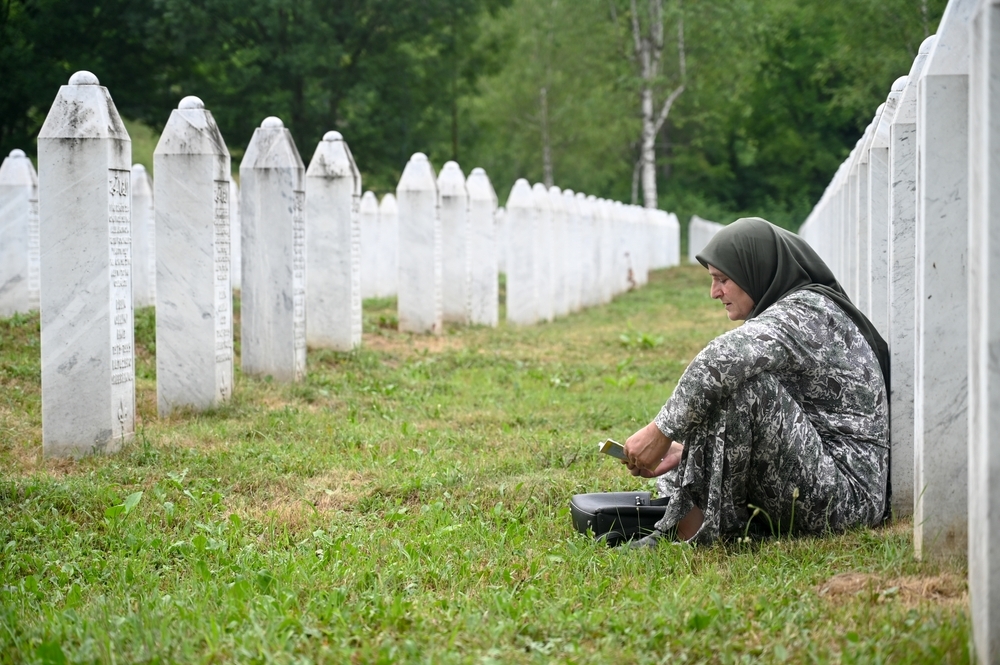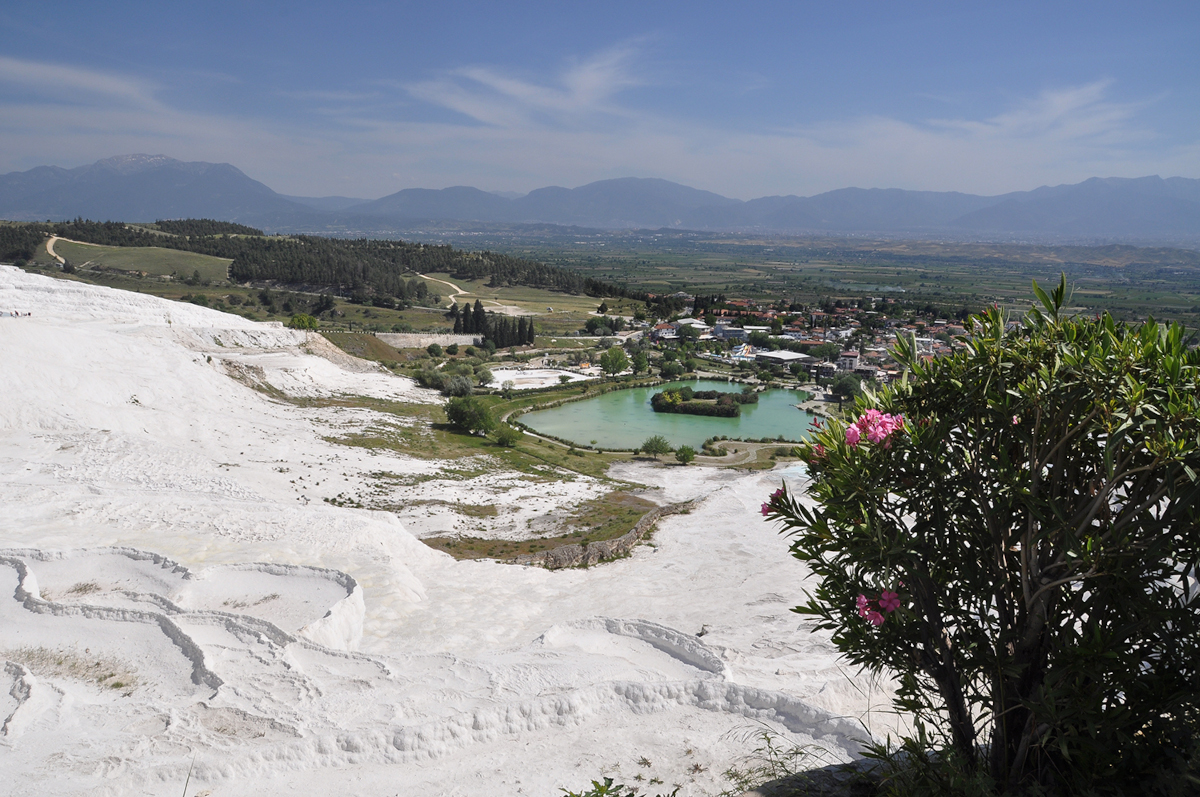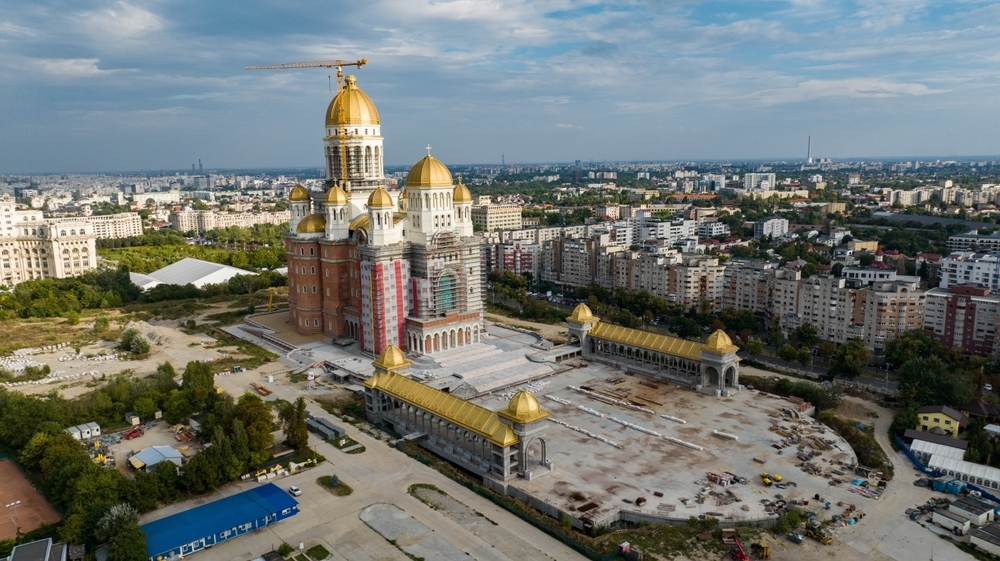The education system in the Republic of Serbia, which at the moment comprises more than 1.4 million students and about 120, 000 employees (teachers, pedagogues, psychologists, and administrators), faced a lack of funding and general neglect in all its segments during the last decade. The system, however, continued to operate, but at a lower level. The majority of the schools lack an adequate infrastructure and basic teaching equipment. Furthermore, education is not systematically monitored, and the teaching methods are stagnated. Perhaps this is the most dangerous problem and the hardest one to eradicate. Also, with the democratic changes that have occurred and the new reforms that are to be implemented, there has been significant political interference in the educational system. This political interference affected and continues to affect a number of students educated within this system in the last ten years.
The centralised and almost authoritarian approach to education management was reinforced during Slobadan Milosevic’s regime through the closing down of various regional education development institutions whose functions were integrated into the Ministry of Education. Such a centralised atmosphere was suffocating to those not in accordance with Milosevic’ s nationalistic policy. The previous regime was spreading lies and xenophobia through the textbooks. The use of minority languages in the education of national minorities living in Serbia was affected by this. It is already well known that the previous regime did everything to convince population living in Serbia that the only official language had to be and needed to be the Serbian language.
This kind of attitude towards the languages of the national minorities led to a great reduction in the number of classes taught in Hungarian, Slovakian, etc. For instance, one of the regional laws in Vojvodina in the 1990′ s, placed the minimum number of children needed to form a class in the Serbian language at 9, while the minimum for a class or reading lessons in Hungarian was placed at 15.
Serbian Deputy Minister of Education and Sports, Tunde Kovac- Cerovic, states that now we all know that such an attitude towards education in national minority languages was extremely bad during the rule of Slobodan Milosevic.
"However", she further states that, " it is not an issue that needs to be discussed. The thing I find relevant is to say that at that time nothing was good and everything was wrong, and the time is now to see how, and what needs to be changed in order to improve the situation in the Serbian education."
However, another issue arises when discussing the education of national minorities in their own language. At the moment the main issue is what are the children actually learning about? What is taught in the textbooks and what makes up the educational program? For instance, students in the classes taught in Hungarian language, besides being taught in their mother- tongue, do not have the opportunity to learn anything about the elements of their culture. Important things about their history and culture were out the education programme. Instead, they are taught only Serbian history and culture. When commenting on this, Mrs. Tunde Kovac- Cerovic said that the idea of the Ministry of Education and Sports is only the national frame for educational standards to be followed, and that the context of the educational programme is to be controlled by the local levels of authority. "However it is still not in the law", she explained.
" It cannot be arranged as it was during last ten years, that somewhere in some central ministry the decisions are made under a strange circumstances, in which it is prescribed that something must look like this or that. That kind of manipulation will surely be eradicated, but still it is not sanctioned by law", continued Kovac- Cerovic.
Kovac- Cerovic also said that it is best for the education in the languages of the minority groups to be co-ordinated by municipal levels, because they are the best informed about a certain region and the population inhabiting it. Therefore, they can react in a most proper way. "A lot of things are planned to be integrated in the work of autonomy of schools, local communities, municipalities, etc", said Deputy Minister of Education and Sports. In her statement on the issue of the education in the languages of the national minorities, Serbian Deputy minister Tunde Kovac- Cerovic, concluded by saying that at the moment a lot of discussions are being held about what kind of capabilities will Vojvodina have. Among them will probably be the capability to choose educational programme for the minority groups. She also stated that a lot of things controlled by Belgrade at this moment, would be transferred in Vojvodina, in another one of Vojvodina’ s institutions, or structures.
Besides the fact that the democratic changes came already about a year ago, the thing is that the Serbian government with all its’ mechanisms and structures was formed in February 2001. That is why Tunde Kovac- Cerovic states that the real improvements and changes in the Serbian education system will become visible not before the next school year, 2002/ 03. She explained a changes in educational system to be a long process because a lot of analysing needs to precede any kind of implementation. Also, teachers need to be prepared for the changes. A number of teachers are very good and they are miserably paid. Therefore, there has to be established some sort of better atmosphere in which teachers will start fostering a child centred approach.
When explaining the forthcoming reforms, Tunde Kovac- Cerovic stated the following stages, as being the most important:
1. Democratisation and decentralisation of the system
By this, as Kovac- Cerovic explained, a new approach towards children and their parents, local communities, and economy, etc. is planned. "The school and education will not exist just for people to have a place to work in, or for a state to have someone to control over, but it will be there for a new generations to be informed about everything that Europe has to offer" stressed Kovac- Cerovic.
2. Improvement in the Education Performance and Quality on all its’ levels-
Here, as Tunde Kovac- Cerovic explained, the focus would be put on the structure and context of educational programme, and the developing of an efficient system of monitoring the quality of scholastic achievements at national level, which does not exist at the moment. Therefore it is not possible to keep evidences and make comparisons with education systems in other countries in order to constantly improve all its’ segments.
"Also, this includes", said Kovac- Cerovic "developing of integrated professional system of teacher education and professional development through modernising pre- service teacher education".
3. The reorganisation of the schooling system in accordance with the need to efficiently contribute to the economic revival of the country,
and also democratic development, and that European integration.
At the end of the interview, Deputy Minister of Education and Sports, Tunde Kovac-Cerovic commented on the situation of the education of the Roma population. She said that it is often a common occurrence, when speaking about the education in the languages of the national minorities living in Serbia, that the question of Roma education is not discussed. "It is almost always excluded", she commented. She stressed the question of the education of the Roma population, living in Serbia, to be a large systematic question. " They are on the fringes of the society in its every segment," she said. Therefore, the attitude of the society towards this population group, and also the attitude of Roma towards education, and many others obstacles need to changed and removed, in order for them to be properly involved and enrol in schools.
Tunde Kovac- Cerovic gave two examples, which describe this problem:
1. The Roma children are faced with the difficulties at the very beginning of their enrolment in schools. Often they are given a test in Serbian language, with which they are not familiar at a such young age. Therefore their scores are extremely poor, and those children are then sent to the special schools for children with some sort of handicap. These schools are then full of Roma children who can not get an adequate education, and the handicapped children are those who suffer as well, as not having enough space for the special care they need.
2. The other example she gave while commenting on the various projects, for instance trying to establish lessons in Roma language, which are accepted by the director of some school are difficult to implement. However when it comes to its’ realisation the factor of intolerance and rejection is often present.
At the very end she said that during the last ten years only the work of NGO’ s and individual attempts were helping in this problem, and that now it is of great importance that a national strategy on this matter be established.
-The education of the handicapped children
The Head- teacher of the school "Sava Jovanovic- Sirogojno" in Zemun, a school specialised for the handicapped children, commented that the previous ten years were disastrous related to the expert development in the schools and institutions like this one is. "The aid was coming from abroad, but it was only pins of sardines or flour. No literature, no expert co- operation with Europe. Therefore, there was a lot of stagnation in this field", she explained. She said that this school depends on the aid, offered by various humanitarian organisations. Describing this aid as necessary, she explained that children enrolled are usually coming from very poor families and therefore do not have enough money for a minimum of existence such as food, medicines, etc. (not to mention buying of textbooks, and other school material). "Often", she added, " they are not just mentally handicapped, but extremely ill (diabetes, etc)". Last year this school was receiving aid from organisations like the Red Cross, and ISA. However, they are not on their lists for this year. Therefore at the moment, said the Head- teacher, they are preparing new projects for gaining the necessary help for 235 children that are enrolled in the school " Sava Jovanovic- Sirogojno" at the moment.
In Belgrade there are 6 schools, and 5 institutions with internats for handicapped children. One very young teacher in this school expressed her view on the problems with which handicapped children are faced by saying that an acceptance of these children by our surrounding is very poor. She stressed that the surrounding is not informed enough about these children. "There has to be some kind of education of the people about handicapped children", she explained. "The handicapped children", she continued, "are sometimes placed in specialised classes in ordinary schools and in almost all the cases they are branded with names such as: lunatics, specialists, morons, etc". The Head- teacher also said that it is not a rare case that people here, are ashamed of their children having disabilities in their mental development, and that they will do everything that is in their power not to send them to any of the special schools. "I think that a strong media campaign, and additional education needs occur in order to reduce these stereotypes in people’s minds. We need to explain to people that if their children are not enrolled in proper schools on time, they will suffer throughout all their lives, and never be able to enjoy a normal life, find a job, gain friends, etc.", concluded the Head- teacher.
Today, before the implementation of the reforms, the subject on religion was put in the school. It provoked loud discussions all over the country, among all the citizens including politicians, intellectuals, parents, etc. Two deputy ministers for education and sport, Dr. Srbijanka Turajlic and Vigor Majic were about to resign. Both of them, they explain, were not initially against this subject, but against the suspicious procedure under which this regulation was adopted. Dr. Srbijanka Turajlic commented that it is bad to integrate such a subject into the schools without previous opinion and expert polls, and other sorts of necessary preparations. Turajlic also said that it is not possible to integrate this subject into the schools, which do not have the books, teachers, or any kind of programme, in less than a two months time. She commented that this is a political move, not an expert one. (NIN, No 2637, July 12) There were some opinions that Serbian Prime Minister, Zoran Djindjic, came to the decision of bringing back the subject on religion in schools, in order to gain the same kind of treatment by the Serbian patriarch Pavle, as one FRY President, Vojislav Kostunica enjoys. In her article for the magazine " Vreme", July 12, No 549, the journalist Slobodanka Ast asks the question: " Whether in the schools we will have for teachers, priests who were themselves involved in the last decade wars on the Balkans"?
At the end the Serbian Minister for education and Sport gave the following solution. Children enrolled in the first year in Primary and Secondary Schools for this school year 2001/02 will have to choose among three options:1. Subject on Religion ( for all the confessional groups: Orthodox, Muslims, Catholics)
2. Subject on the Civil Society3. And not to choose any of the two mentioned if they do not want to.
How this will affect the society and in what ways, will probably be seen not before the end of this school year 2001/02. After the implementation of the reforms, the real evaluation on whether the Serbian education system, damaged by ten years long isolation, poverty, the influx of almost one million refugees that increased pressure on the system, did really improved. Only then it will probably be easier to compare and see, hoping that there will not be anymore school years like 1998/ 99 and 1999/00 during which the number of schools, enrolments, and employees in all educational institutions declined.
– "Sava Jovanovic- Sirogojno", School for Handicapped ChildrenSvetosavska 22
ZemunSRJ
Tel. +381 11 617 355











